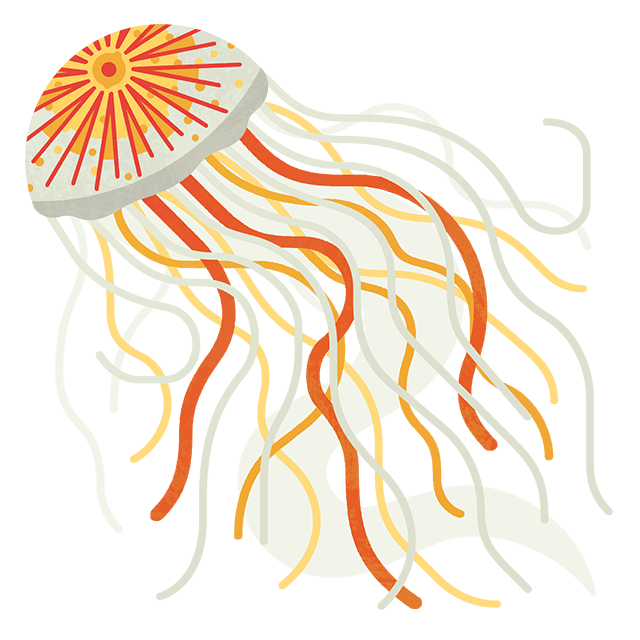
Oysters in the Dornoch Firth
We’re a proud founding partner of the Dornoch Environmental Enhancement Project, reintroducing native oysters to the Dornoch Firth.
Native oysters flourished in the Firth up to 10,000 years ago before being wiped-out in the 19th century due to overfishing. Their return to the Firth for the first time in over 100 years will enrich the ecosystem of an important marine habitat.
DEEP is an innovative and award-winning environmental project supporting the reintroduction of Native European oysters to the Dornoch Firth after a century’s absence. Native oysters once flourished in the Firth before being wiped out in the 19th century due to overfishing.
DEEP’s shared vision is to restore long-lost oyster reefs to the Dornoch Firth, a Special Area of Conservation, enhancing biodiversity and acting in tandem with a new anaerobic digestion plant to purify the by-products created through the distillation process – an environmental first for a Distillery.
A successful re-introduction of native oysters to the Dornoch Firth as part of a ‘survivability’ trial in 2017 coincided with Glenmorangie officially opening its €6million anaerobic digestion plant at its renowned Tain Distillery.
The plant is expected to purify up to 98% of the waste water that the Distillery releases into the Firth with the remaining 2% of the organic waste accounted for by the filter feeding of the oysters.
We're proud to deliver community and staff engagement, communications support and advocacy for DEEP, and look forward to supporting the project toward a goal of some four million native oysters covering around 40 hectares. Progress has been made with 20,000 of this target already being met.
Project update: November 2022

Credit: The Glenmorangie Company
In late October, we were delighted to help The Glenmorangie Company and Heriot-Watt University return another 6,000 native oysters to the Dornoch Firth, as part of the DEEP project. This took the total deployed so far to over 40,000. The Glenmorangie Company, Heriot-Watt University and the Marine Conservation Society came together to mark the occasion, and, with further deployments planned, the project will reach a total of 60,000 oysters in the Firth by the end of 2022.
We’re a proud partner of the Dornoch Environmental Enhancement Project (DEEP) formed in 2014 by The Glenmorangie Company with the Marine Conservation Society and Heriot-Watt University.


